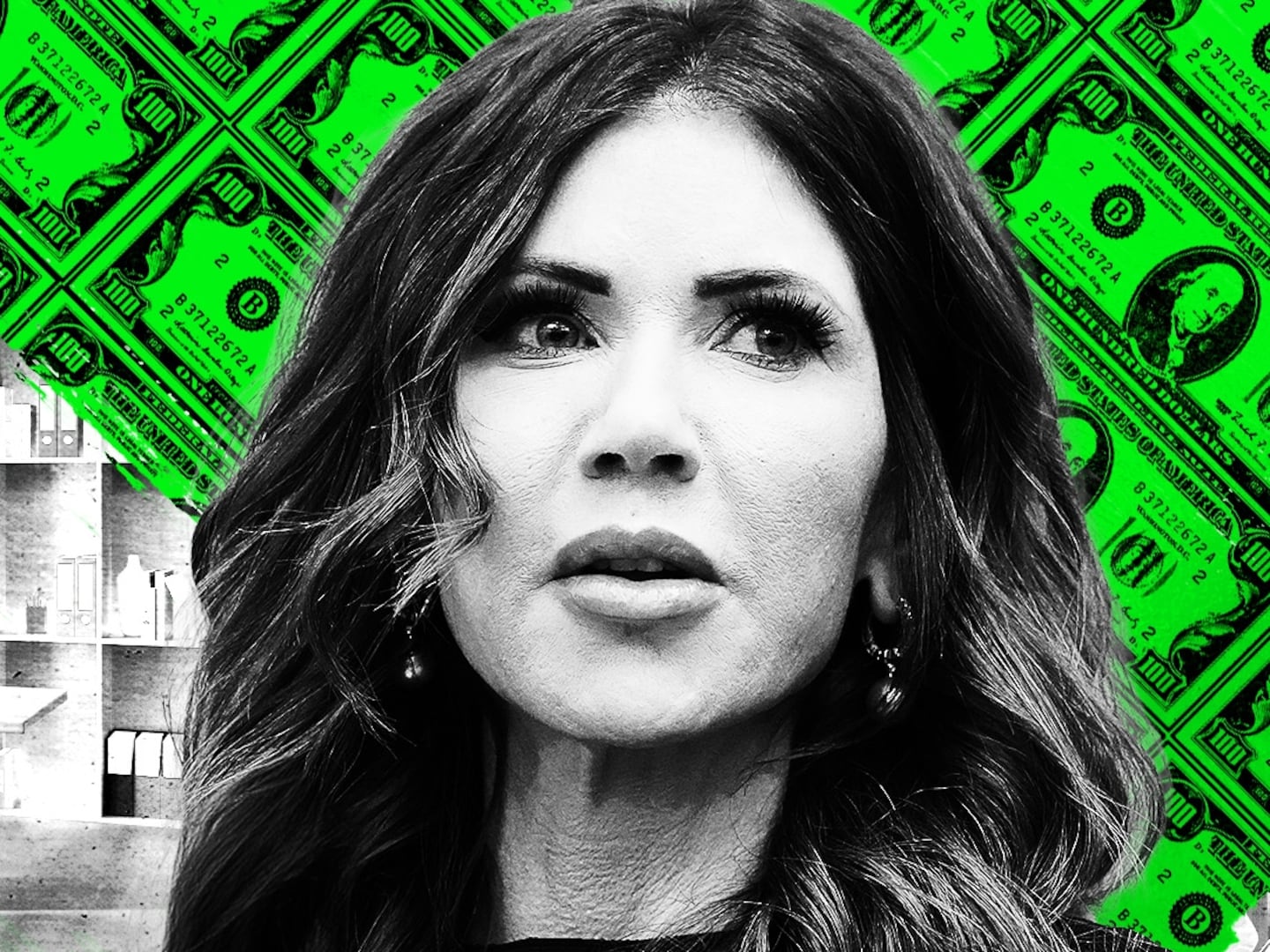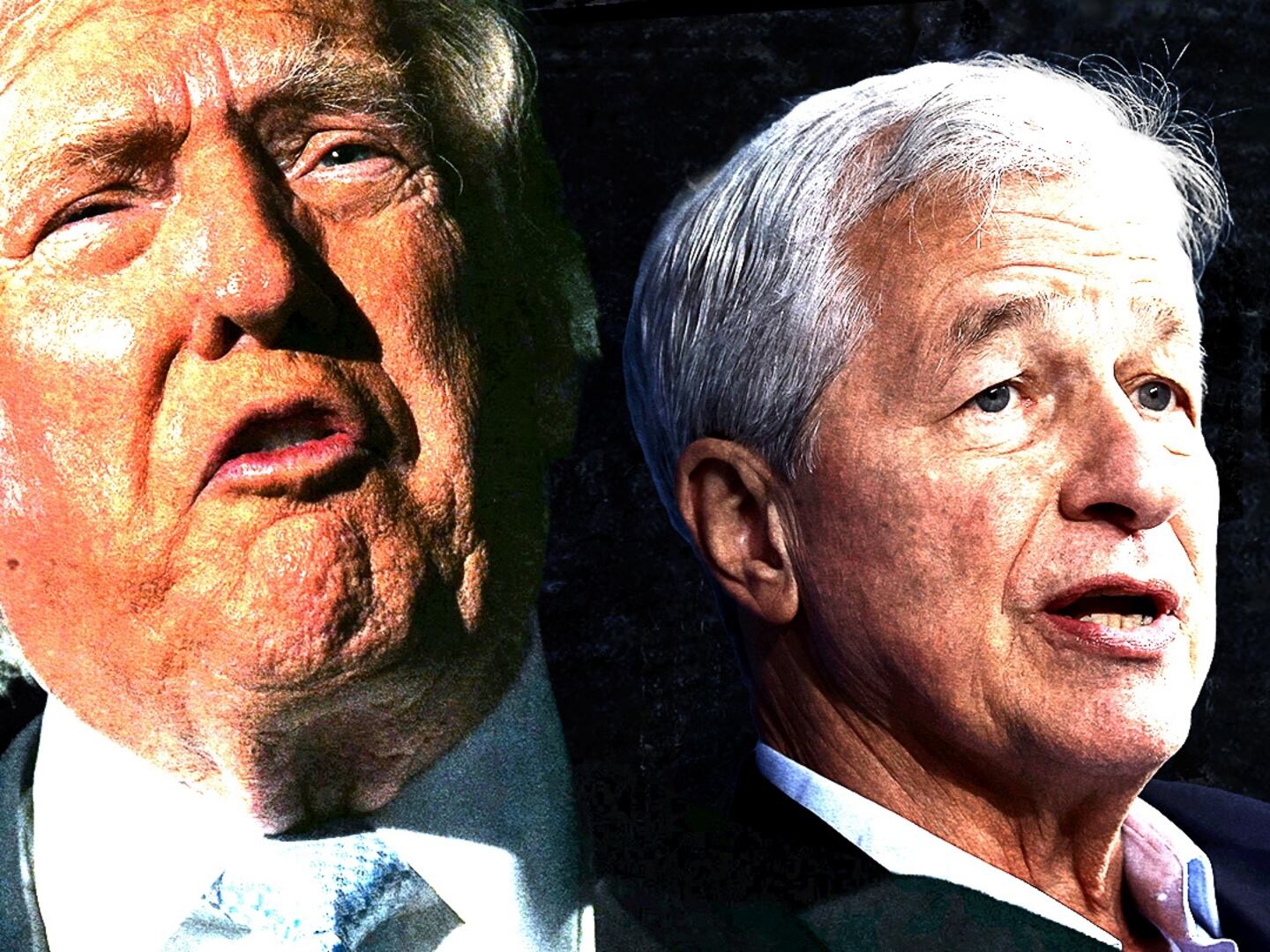They don’t train you for moments like this in rabbinical yeshiva. Nor in the seminary or madrasa.
When I heard the news from Pittsburgh on Saturday morning—after what appears to be the deadliest attack on the Jewish community in American history—I thought of each life lost and each person’s impact on the world and stolen potential, and the concentric circles of mourning and loss that will continue to resonate over lifetimes of the living.
I thought of my own community at JCP Downtown in New York City, and other communities I have served where youth and families and friends regularly come together to learn, to celebrate, to comfort one another and to do good in the world. I thought of a Christian Bible study class at Emanuel AME Church in Charleston, where Dylann Roof took nine lives. The Sikh Temple shooting in Oak Creek, Wisconsin where Wade Michael Page took six lives.
They can’t train you in yeshiva to answer why God let this happen at all, let alone in a house of worship. The greatest minds of all faiths struggled with such existential realities for millennia, and their responses are hardly satisfying in the face of the shock, horror and pain inflicted upon us in the hours and days after a mass murder.
What we do learn is about the essential effort to convey the gift of human presence. To be there in word and deed for those who are suffering. As the 20th century theologian Emmanuel Levinas said, “To look in to the eyes of another is to see the Other,” or the Face of God. Words can be an articulation of this idea but perhaps there is no greater expression than merely standing with our loved ones and neighbors in the time of the their most profound suffering.
But for Jews, as in other faith traditions, our deeds are vitally important. We are people of action. And in moments such as this, we have the power to do what is right and what is just and to raise our voices to declare our values and insist that the safety of all our citizens regardless of faith, race or gender must be immovably central to what it means to be an American—to demand laws for our protection to remove weapons of mass destruction from the hands of those who would kill for whatever evil ideology.
Finally, there is hope, the eternal flame of human existence. Hope is the safety line thrown to us when we feel we may be drowning; hope is the light in the darkness; hope is the conviction that each day brings the possibility for repair, for healing, for a better world.
Hope is no mere abstraction. It is not far off, ethereal, unattainable. In fact, it is found in the actions we take to bring about change to realize and reinforce the moral values shared by faith traditions across our nation.
The power of the pews changed the shape of the U.S. Constitution a generation ago, when African-American churches led the way into the battle for civil rights and equality. This took decades of work, of organizing, and even the lives of leaders and others who humbly labored in the trenches. Now may be the time for a new generation of leaders to use the power of the pews in synagogues, churches, temples and mosques across this nation to stand together against hatred and to demand laws that protect the generations to come from the senseless slaughters brought about by free and easy access to firearms.
Hope demands change. And change can bring more hope. This is a cycle of life we can and must live by. If we believe it can happen, it will.
Andy Bachman is a rabbi and executive director of the Jewish Community Project of Lower Manhattan.






